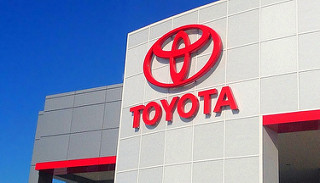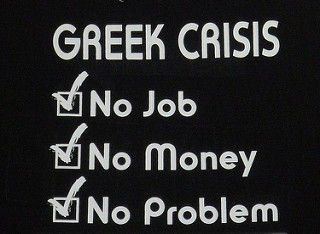How the Talent Shortage Will Affect Your Business

If you conduct a Google search of “U.S. talent shortage” you’re going to get approximately 6.5 million results. What does this mean for your business? It means the talent shortage is real, and you need to take steps to assure your company’s success in the coming years. You can fill your offices with top talent and keep them, if you start the process right and keep the ball rolling.
This article is for Premium Members only. Please login below to read the rest of this article.
Not a Premium Member yet? Become one today.
[login_form redirect=’https://www.procurementbulletin.com/how-the-talent-shortage-will-affect-your-business’]
[show_to accesslevel=’Premium Members’]
Review Your Ad Process
When you need new personnel, do you pull the same shelved ad you’ve used for the past 15 years? This canned ad isn’t going to cut it now. Review the qualifications you’re asking for in the ad, and make sure you’re asking for what you want.
A good ad also tells candidates who you are as a business. For example, “Green technologies firm seeks eco-minded individual to oversee new development projects.” This ad tells potential applicants who you are and what you’re seeking. Make sure these ads aren’t stuck in newspapers. Put them online where today’s top talent is seeking work.
Review Your Selection Process
Is it really necessary to hire only candidates with a master’s degree and 10 years’ experience? Perhaps someone with a bachelor’s degree and three years’ experience is acceptable. You can further weed out poor applicants with a scan of their social media use.
The human resources person in charge of the process should have a clear picture of the job in order to select the best candidates. Make sure your HR department is fully aware of what this job entails, then trust them to narrow the pool to the best possible matches.
Review Your Negotiations Process
Highly ambitious job candidates aren’t solely money motivated. Today’s generation of employees want to feel like they’re making a difference, not just earning a paycheck. Sure, a good salary is desirable, but never assume this is all your best talent prospects are after. Make sure you stress what contributions the employee will make to the company. Top talent needs to be paid well and be valued by the employer.
Review Your Training Process
This is where the entire process can break down. A poorly trained employee becomes frustrated, feels undervalued, and can’t possibly perform well on the job. If you’ve gone to the trouble to select and hire the best, make sure they’re armed with the best possible training once you get them. This training empowers them, enables them, and gives them a sense of worth to the company.
Continue to Support Your Top Talent
Keeping an employee for the long term means revisiting the negotiations process and training process over and over as time goes on. Many successful companies schedule face-to-face meetings once or twice per year. These meetings shouldn’t be focused only on the employee’s performance, they should also offer the employee a chance to evaluate their fulfillment within the company.
Is the employee satisfied at work? Does she feel she’s in the best position to make a positive impact? Is she treated fairly by her manager? What can the company do to help her be successful within the organization? All of these questions should allow her to freely express herself. If your top talent isn’t happy, rest assured they’ll find somewhere else to contribute their skills.
If your talent efforts are proactive and ongoing, you’ll have satisfied, hardworking employees to drive your growth in the years to come. [/show_to]








